MANDELA’S WAY
FIFTEEN LESSONS ON LIFE, LOVE, AND COURAGE
BY RICHARD STENGEL
CROWN PUBLISHERS, RANDOM HOUSE, NEW YORK 2009
Pp 121-122
(The brutal head of the prison in which Mandela spent so many years was being transferred.)
“Badenhorst said to me something like, ‘I just want to wish you people good luck.’ He said this like a human being, and I was a bit taken aback by his moderate and even considerate tone. I must say, that was a bit of a surprise. I thanked him. I thought about this for a long time afterward. What it basically showed me is that these men were not inhuman, but their inhumanity had been put upon them. They behaved like beasts because they were rewarded for such behavior. They thought it would result in a promotion or advancement. That day, I realized that Badenhorst was not the man he seemed to be, but a better man than how he had behaved.”
This epiphany goes to the heart of Mandela’s belief about what makes us human. He was a better man than how he had behaved. His motives were not as cruel as his actions. No one is born prejudiced or racist. No man, he suggests, is evil at heart. Evil is something instilled in or taught to men by circumstances, their environment, or their upbringing. It is not innate. Apartheid made men evil; evil did not create apartheid.
While his colleagues saw their warders and jailers as monolithic, the embodiment of the heartless apartheid system, Mandela generally tried to find something decent and honorable in them. Ultimately, he came to see them as victims of the system as well as perpetrators of it.
My Comment:
These reflections show the attitudes which helped keep South Africa from plunging into national civil war on racial lines. Mandela convinced enough people that a new government had to care about all the people. This empowered Reconciliation, in which police apologized for their actions, and families at least learned what had happened to their relatives. Bishop Desmond Tutu’s role came out of his experience as a leader of a religion which teaches that confession, acknowledgment of responsibility with intent to reform, precedes forgiveness. In order to live with each other there was a psychological and spiritual necessity to grieve together. There had always been many, many people of all races who had struggled for justice, refusing to demonize each other.
We have been reflecting on evil at my church. An important thought, attributed to Martin Luther King Jr., is that there is a little good in the worst of us, and a little evil in the best of us. This insight has emerged in many traditions through the centuries. Mandela’s biographer interprets the passage above as meaning a system, a guiding structure, can bring out very different aspects of an individual’s character and behavior. Therefore, changing the system tends to change people’s behavior. It leaves hanging the question of whether the organizers of a repressive system are evil. Perhaps for Mandela that is not the point. The point is to move forward with opportunities for people to live in dignity, negotiate with each other without violence for the goods, and the good, of the world.
Just Learning

Kitchen Studio
Monday, February 28, 2011
Subscribe to:
Post Comments (Atom)

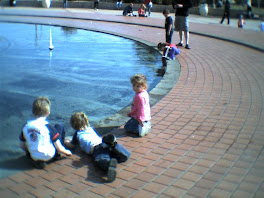
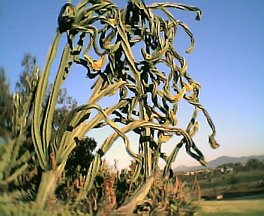
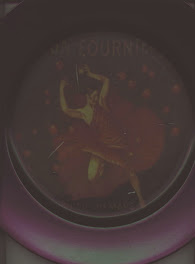
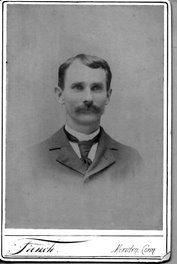
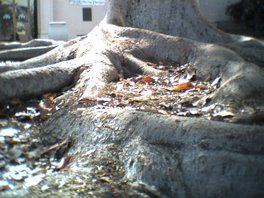



No comments:
Post a Comment